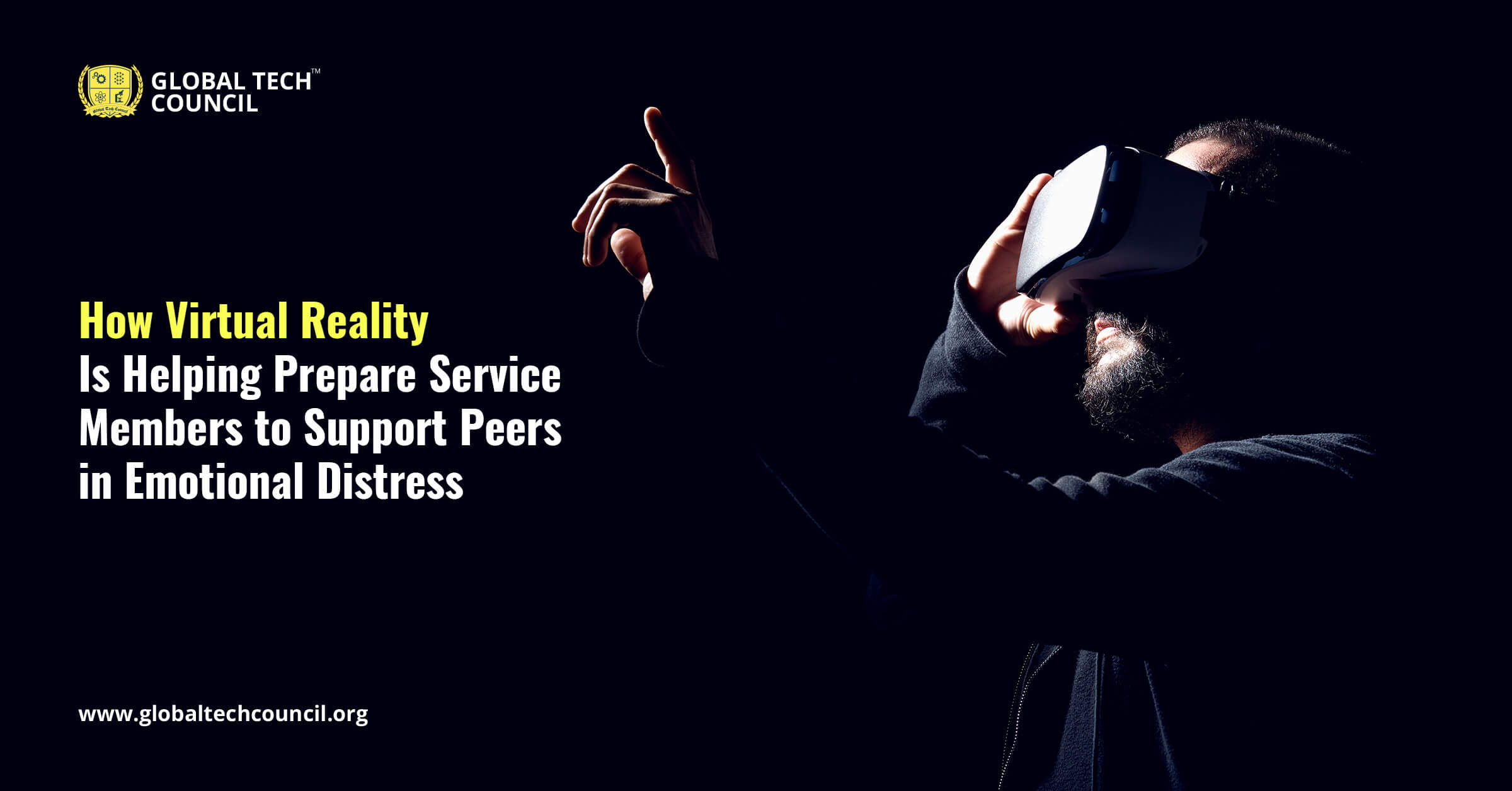
Moth plus Flame, a company that blends artistic skill with technical expertise to create engaging virtual reality material. With its helpful idea and concept, this emerging firm is assisting military force men in preparing them to help colleagues in psychological trauma. In favor of the United States, Moth+Flame will become the first technology industry to design the suicide avoidance preparation program for the Air Force to equip airmen for approaching somebody in emotional trauma to receive care.
The company with virtual reality experts utilized PromiseVR as well as READY VR instructional technologies for this approach. All these technologies are supported by artificial intelligence and natural language processing, and provide unique, customizable learning programs for hard skills plus soft skills, which are ideal for the Air Department’s goals. Not only this, Moth+Flame has even produced a voice-activated model enabling individuals to connect with a guy called Mike. He is clearly in mental suffering, to convince him to ask for support, thanks to their New Business Innovative Studies contract grant. This sort of approach is a bit unique and different, so let’s try to know some more details about this newly launched innovation.
The role of VR in Helping Service Members Emotionally
As per the Defense Dept’s yearly suicide statistics, about 500 military service personnel had committed suicide in 2019. To start preparing pilots for confronting somebody in emotional pain and getting assistance, the Air Force is stepping further in typical computer-based as well as compact group conversation training for their wellbeing. To know more about the program, Nextgov spoke with Master Sgt. Shawn Dougherty, a Virtual reality coordinator on the program, and Moth+Flame, the software company, provide virtual suicidal avoidance training. Dougherty, who saw the device in action at the Travis Air Force Base, believes it is critical to start the dialogue about psychological health in the service. However, discussing what to respond to in a distressing scenario is not the same as really expressing the right things aloud. At Scott Air Force Base, the program was also conducted.
Dougherty explained that if anyone wants to express and queries feelings, they just have to think about it. No need to speak anything. Everything will be detected automatically from your thoughts. The whole process is a bit different than just simply planning any game in your mind. Visitors converse with a guy called Mike. Throughout the voice-activated simulations, Mike was clearly in mental anguish, intending to convince him to receive assistance. Dougherty described the person as well as the artificial surroundings as “very convincing.” According to Dougherty, most people are more prone to express challenging or complex questions quietly. He added that asking the required questions, including if they have a gun at home, is far more unpleasant than just inquiring how someone is doing.
The firm Moth plus Flame was honored with an award. The award was for their newly launched small business innovation research for preventing suicidal attempts. All these awarding businesses were suggested by Kenvin Cornish, who is the chief executive officer of the newly established firm. As per Cornish, this approach is something more than just launching high-tech expensive artillery or weapons as well as teaching them how to use it. Cornish explains that this approach is just an essential community requirement. It is beneficial to those individuals or communities who find it hard to express or say their complex thoughts. It is a mode of communication for them.
Only the elites were allowed to participate in the February event. This year, throughout August and September, the program will be sent to around 499+ airmen of various ranks to obtain additional feedback. Moth+Flame’s peer-to-peer prototype isn’t the only scenario they’re working on. According to Dougherty, more courses for supervisors, first sergeants, and wives will also be introduced sooner in the modules.
Conclusion
This was all about how Virtual Reality is helping prepare service members to support peers in emotional distress. To know more about virtual reality, you can go for a virtual reality course for a VR certification.